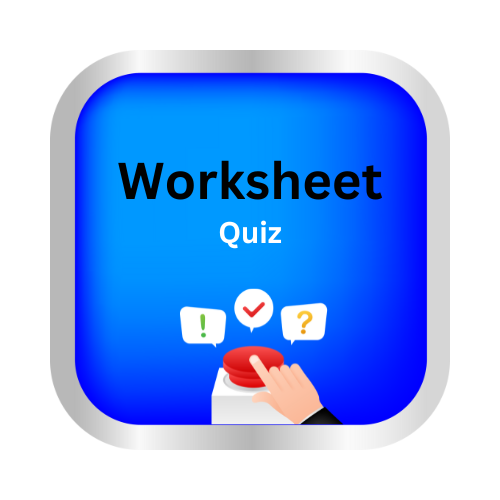Identify the simple subject or simple predicate of a sentence
Design by Delta publications
Key Notes:
📝Simple Subject & Simple Predicate
| What is a Simple Subject? |
The simple subject is the main word (usually a noun or pronoun) that tells who or what the sentence is about.
Example:
- 🌳 The tall tree 🌳 sways in the wind.
- Complete Subject: The tall tree
- Simple Subject: tree
Tip: The simple subject is the core word without any describing words (adjectives or phrases). ✨
| What is a Simple Predicate? |
The simple predicate is the main verb or verb phrase that tells what the subject does.
Example:
- 🌳 The tall tree sways in the wind.
- Complete Predicate: sways in the wind
- Simple Predicate: sways
Tip: The simple predicate is always the action or state of being of the subject. ⚡
| How to Identify Simple Subject |
- Ask yourself: Who or what is this sentence about? 👀
- Look for the main noun or pronoun.
- Ignore adjectives, articles, or phrases that describe it.
Example:
- 🐶 The little brown dog barked loudly.
- Simple Subject → dog
| How to Identify Simple Predicate |
- Ask yourself: What is the subject doing or what is happening to it? ✨
- Look for the main verb (action or linking verb).
- Ignore extra information like adverbs or phrases.
Example:
- 🐶 The little brown dog barked loudly.
- Simple Predicate → barked
| Examples Together |
| Sentence | Simple Subject | Simple Predicate |
|---|---|---|
| 🌸 The beautiful flowers bloom in spring. | flowers | bloom |
| 🚗 My father drives to work every day. | father | drives |
| 🏀 The players on the team are practicing for the match. | players | are practicing |
| 🐱 The small cat slept on the sofa. | cat | slept |
| 🌞 The sun rises in the east. | sun | rises |
| Quick Tips & Emojis to Remember |
- 👤 Subject: Who or what the sentence is about → noun/pronoun
- ⚡ Predicate: What the subject does or is → verb
- Ignore extra describing words for simple subject
- Ignore extra details about action for simple predicate
Let’s try some problems! ✍️

